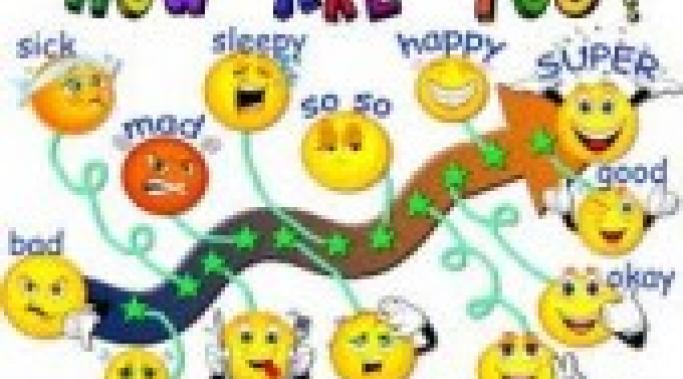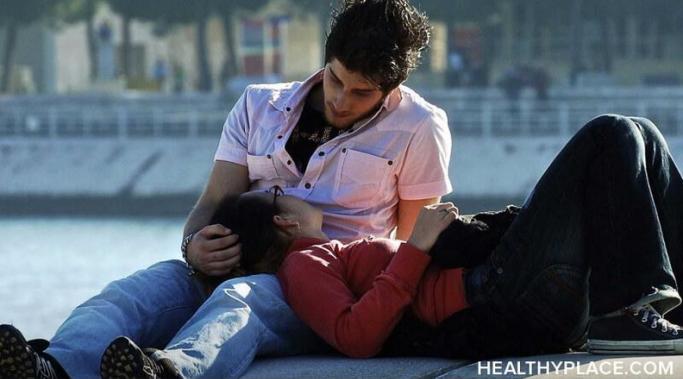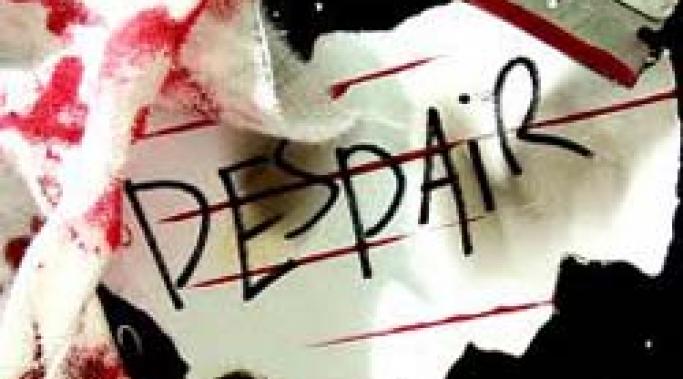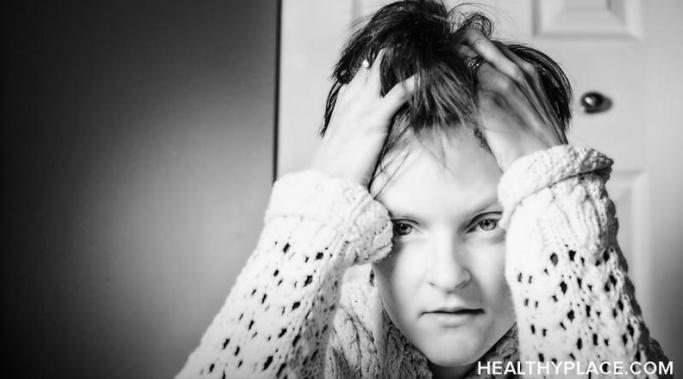Unfortunately kiddos get depressed too. Sometimes it is a chemical imbalance, clinical depression that may benefit from medication. But other times it is situational, environmental, or an inability to handle what is going on around them. Telling them to “stop” doing a negative behavior is not enough. What they need is for us to teach them and show them what to do instead.
Coping with Depression
What helps change your mood? A sad song? An upbeat song? The smell of cookies baking? A warm towel from the dryer wrapped around you? Right now as you are reading this, imagine a small plate in front of you with a lemon wedge on it. Imagine you pick up the lemon wedge and take a bite out of it. Is your mouth actually watering from the thought of it? There are many ways to change our emotions, and the senses play a big part.
What's it like inside the depressed mind, you ask?
Sometimes, with depression, we just want to pull the covers up over our heads and wish away the pain. Sometimes we want help but don't know what help to ask for. Sometimes, we don't even know what we need. Sometimes, asking for help is the hardest thing to do.
To Every Mood, There is a Season
Have you ever noticed a pattern to your moods? Do they follow the full moon? Or the rain? Do you get the winter blues or feel more hyper in the summer? Many people do see a cycle with the calendar and the weather. My third grade teacher said kids are more wound up when it’s rainy because there are more ions in the air. I don’t know if this is true, or if it had something to do with inside recess, but something indicated a change in behavior. And when things seem weird around us, how many times do you hear, "must be the full moon"?
35 years at Southwestern Bell/ AT&T, and struggling to make ends meet.
40 years as a union rep and labor foreman for a large highway construction company and his entire pension could be affected by whether there is a contract from the current negotiations.
33 years at Chrysler and faced with the decision to move or take a questionable buyout. Spending years saving in order to “retire early”, and then finding himself with nothing to do.
These are the stories I’ve recently heard from people who DO have a positive work ethic. Men and women who have shown loyalty to their employers for decades only to find themselves lost at the end of their careers. When my mother retired at 62 my father-in-law warned her, “Watch out, the first year is hard.”
This is not to say that anger is not real or normal. It is. And often justified. But anger comes second after a primary emotion comes first. Sometimes that primary emotion isn’t even recognized or realized because it is below the surface.
Imagine a tree, with its trunk and branches tall and large above the ground, and the roots under the Earth. What do those roots do for the tree? They feed it, right? So imagine the trunk and branches are the anger on your outside, the part that people see. But below the surface is the root of the anger, fueling it. If a student was walking down the hall at school and someone tripped him, he might jump up in anger ready to fight, angry. But right before that, he might have felt embarrassment. If a teenager is late for curfew and her parents have been pacing the house, when she walks in late they might argue and be mad and punish her. But right before that, they were worried. There can be any number of emotions below that surface that trigger anger, and depression is one of them.
We often struggle with how to help a depressed friend. We don't want to minimize his mental illness. We know that she can't just snap out of it by going outside or smiling more. When you know how to help a depressed friend, you realize that helping him through the tough episodes takes time. Silence. Hand-holding. Maybe even folding some laundry. And how you help your depressed friend can be the difference between life and death.
Sometimes people hurt themselves. Self mutilation. Cutting. Scarification. Pulling out eyelashes or hair. Hitting. Biting. Pinching. Starvation. Drug and alcohol abuse. Fighting. Overeating. So many ways people inflict pain on their bodies. But why? Does it mean they are suicidal? Not always, but depression is common in people who self-injure. Does it mean they like it? Not necessarily. But it can serve a purpose. And if they don’t figure out what benefit they are receiving from the pain, they may escalate and cause permanent damage.
There are lots of myths about depression that are not true. The untrue depression stories bring shame to people living with this serious mental health condition, and it prevents those who may need it most from getting the depression treatment they need. Here are just a few myths that are not true about depression.
Often, depression can be triggered by negative thoughts, self-talk, self criticism, and the cognitive distortion called mind-reading. Interacting with someone and assuming you know what they are thinking, assuming they are thinking about you and assuming they are judging you negatively is a dangerous trap for depression and one that will surely make you feel worse. But even if that person is judging you, do you care about their opinion? Whom do you admire? Respect? Whose opinion matters to you?









